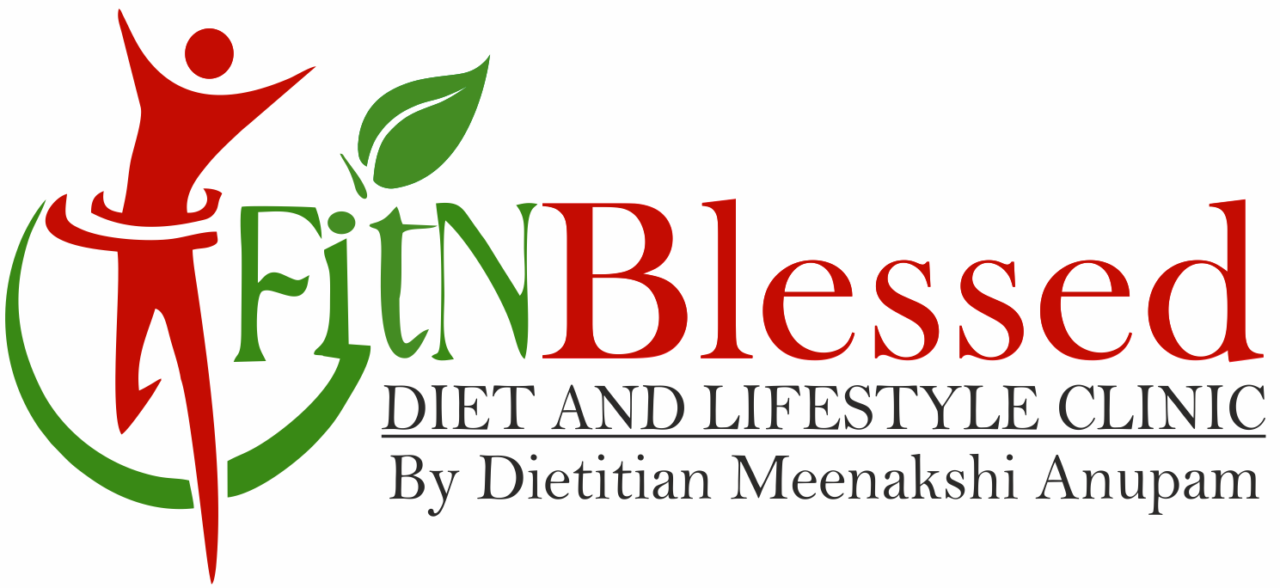OSTEOPOROSIS DIET PLAN
A well-balanced diet plays a crucial role in supporting bone health and managing osteoporosis, a condition characterized by weakened bones that are more susceptible to fractures. Here are some dietary guidelines to help support strong and healthy bones:
**1. Calcium-Rich Foods:
- Include sources of calcium in your diet such as dairy products (low-fat or fat-free milk, yogurt, cheese), fortified plant-based milks (almond milk, soy milk), leafy green vegetables (collard greens, kale, broccoli), and almonds.
**2. Vitamin D:
- Vitamin D is essential for calcium absorption. Get regular sun exposure in the early morning or late afternoon when the sun is not too harsh. Also, include vitamin D-rich foods in your diet like fatty fish (salmon, mackerel, tuna), egg yolks, and fortified foods (certain dairy products, orange juice, and cereals).
**3. Protein:
- Include an adequate amount of protein in your diet from sources like lean meats, poultry, fish, beans, lentils, tofu, and low-fat dairy products. Protein is crucial for bone health and helps in the repair and maintenance of bones.
**4. Phosphorus:
- Phosphorus, found in foods like dairy, meat, fish, eggs, nuts, and whole grains, is important for bone mineralization. A balanced intake of phosphorus along with calcium is essential for bone health.
**5. Magnesium:
- Magnesium plays a role in bone structure. Include magnesium-rich foods such as nuts, seeds, whole grains, leafy green vegetables, and legumes in your diet.
**6. Vitamin K:
- Vitamin K supports bone health by helping in bone mineralization. Include foods like kale, spinach, broccoli, Brussels sprouts, and green beans, which are rich in vitamin K.
**7. Limit Sodium and Caffeine:
- High sodium intake can lead to calcium loss in the urine. Reduce your intake of processed foods, canned soups, and salty snacks. Also, limit caffeine intake as it can interfere with calcium absorption.
**8. Limit Alcohol:
- Excessive alcohol consumption can interfere with the body’s ability to absorb calcium, leading to weaker bones. Limit your alcohol intake.
**9. Maintain a Healthy Weight:
- Maintaining a healthy weight is important for bone health. Being underweight can increase the risk of bone loss, while excess weight can put strain on the bones and joints. Aim for a healthy weight through a balanced diet and regular exercise.
**10. Stay Hydrated:
- Drink plenty of water throughout the day. Proper hydration supports overall health, including bone health.
**11. Regular Exercise:
- Engage in weight-bearing exercises (walking, jogging, dancing, weightlifting) and resistance exercises to strengthen bones and muscles.
**12. Consult a Healthcare Provider:
- If you have osteoporosis or are at risk, consider speaking with a healthcare provider or a registered dietitian. They can assess your specific needs and recommend appropriate supplements if necessary.
Remember, individual nutritional needs can vary based on age, gender, health status, and activity level. It’s essential to consult with a healthcare provider or a registered dietitian to create a personalized osteoporosis diet plan tailored to your specific requirements.
